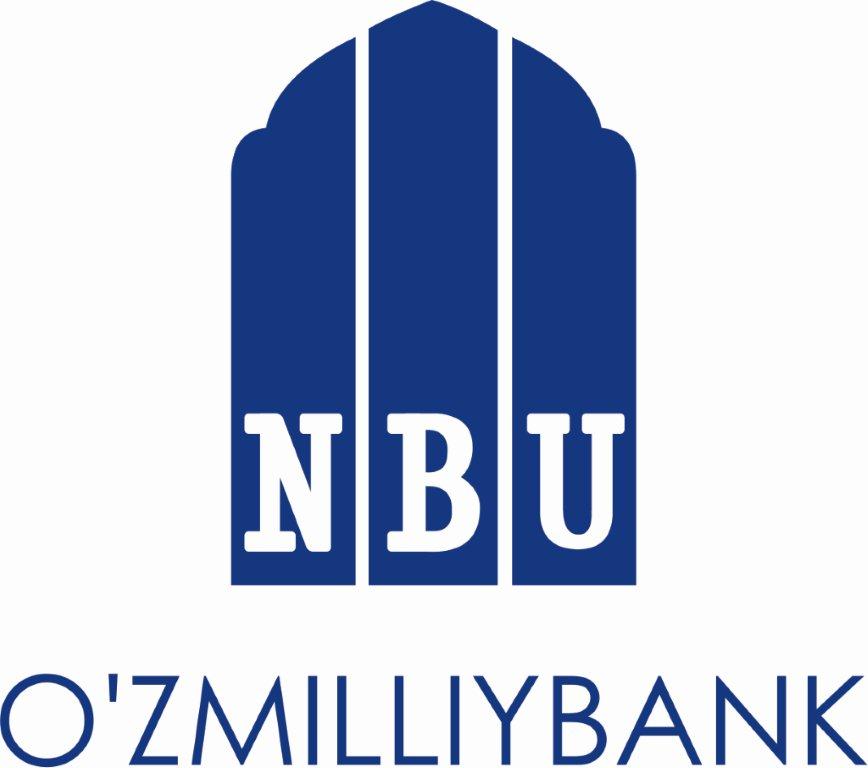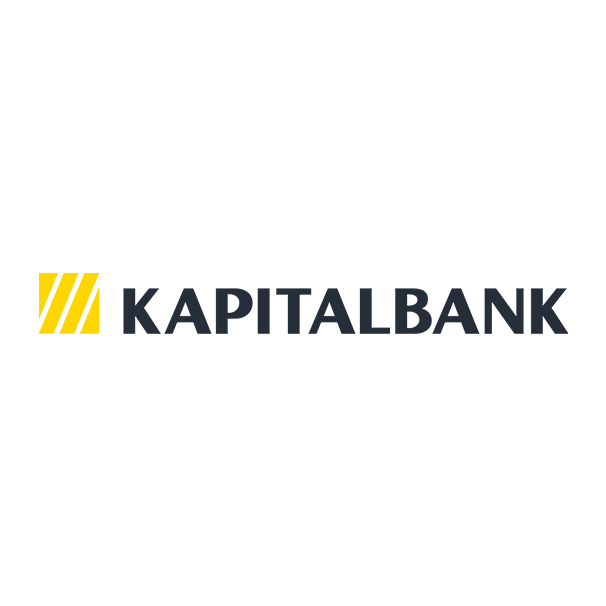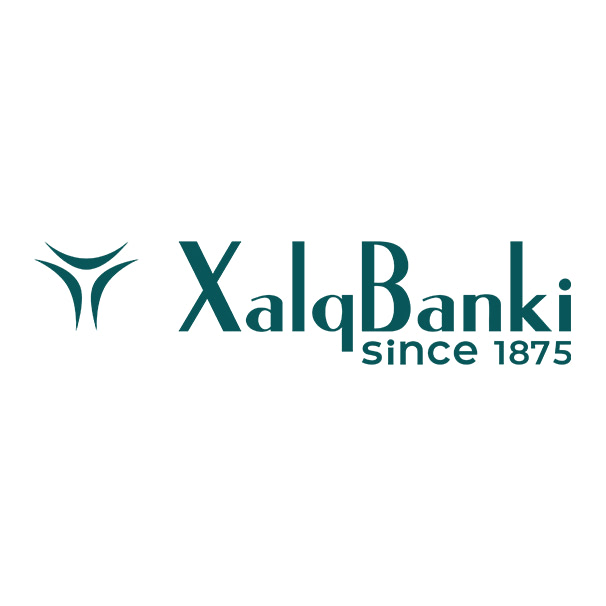

Uzbekistan
Uzbekistan, a landlocked country in Central Asia with a population of approximately 36 million, is undergoing a significant economic and digital transformation. Known for its rich natural resources, strategic regional position, and ambitious reform agenda, Uzbekistan is rapidly modernizing its economy while embracing digitalization and sustainable development.
Uzbekistan's economy is primarily driven by natural gas exports, agriculture (notably cotton and fruits), mining (including gold and uranium), and a growing services sector. Since 2016, the government has embarked on wide-ranging market-oriented reforms, moving away from a centrally planned model to a more open and diversified economic system. Reforms have included currency liberalization, simplification of the tax code, and increased support for private enterprise and foreign investment.
The country has maintained steady growth even amid global economic uncertainties. In 2022, Uzbekistan’s GDP grew by 5.7%, driven by public infrastructure investment, industrial production, and trade liberalization. Growth continued at 5.3% in 2023, supported by remittance inflows, construction, and digital innovation. The IMF and World Bank forecast growth to moderate slightly to around 5.0% in 2024, reflecting cautious optimism in a more complex global environment.
Inflation, historically a concern, has shown signs of moderation thanks to tighter monetary policies. Inflation stood at around 8.5% in 2023, a decrease from previous years, as the Central Bank of Uzbekistan continues to focus on price stability. The unemployment rate, which was estimated at 9.3% in 2023, is expected to improve gradually, fueled by the expansion of the private sector and digital employment opportunities.
Uzbekistan follows a pragmatic fiscal strategy, aiming to reduce state dominance, encourage entrepreneurship, and invest in infrastructure, education, healthcare, and digital services. The government is actively courting foreign investors through improved regulatory transparency and participation in international financial institutions. Public debt remains relatively moderate, and fiscal deficits are being addressed through targeted spending and privatization of state-owned enterprises.
Uzbekistan is also investing in renewable energy, including major projects in solar, wind, and hydroelectric power. With international backing, these projects are designed to reduce the country’s reliance on fossil fuels, improve energy security, and support long-term sustainable development.
A central pillar of Uzbekistan’s modernization is the digital economy, with heavy investments in ICT infrastructure, e-government, and digital literacy. As of 2024, over 24 million Uzbeks are internet users, and mobile penetration exceeds 90%, creating strong conditions for e-commerce and digital financial services.
The local digital payment ecosystem is evolving rapidly.
Top banks


NBU
The National Bank of Uzbekistan (NBU) is the country’s largest state-owned bank, holding the highest share of Uzbekistan’s banking assets. NBU plays a pivotal role in economic policy implementation, foreign trade finance, and investment banking. Known for stability, profitability, and innovation, it leads Uzbekistan’s financial sector and supports digital banking transformation.


Hamkorbank
Hamkorbank Uzbekistan is a leading private commercial bank, founded in 1991, with strong foreign investment participation. The bank specializes in SME lending, digital banking, and innovative financial solutions. With over 150 branches nationwide and partnerships with the IFC and EBRD, Hamkorbank drives Uzbekistan’s financial inclusion and digital banking growth.


Kapitalbank
Kapitalbank Uzbekistan is a leading private commercial bank established in 2001, offering a full range of retail, corporate, and digital banking services. Known for innovation, mobile banking, and card solutions, Kapitalbank drives Uzbekistan’s digital finance growth, supporting businesses and individuals through modern fintech integration and regional expansion.


Xalq Bank
Xalq Bank is one of Uzbekistan's leading state-owned commercial banks, established in 1875. As of early 2025, it holds a significant position in the banking sector, with assets exceeding 3 trillion UZS. In 2024, the bank reported a net profit of approximately 268.5 billion UZS, marking an 8.1% increase compared to the previous year.


Ipoteka Bank
Ipoteka Bank Uzbekistan is a leading retail bank specializing in mortgage lending and consumer banking. As of 2025, it holds around 6.3% market share by total assets and reported a net profit of 1.3 trillion soums (USD 110 million) in 2024, with a 23% ROE. Backed by OTP Group, Ipoteka Bank strengthens its digital banking, risk management, and operational efficiency, driving growth in Uzbekistan’s financial sector and housing finance market.
Top payment methods


HUMO
HUMO is Uzbekistan’s national payment system, offering card payments, contactless transactions via HUMO Pay, and international payments through Alipay+. With over 27 million HUMO cards issued and more than 210,000 active payment terminals, HUMO provides secure, convenient, and widely accepted payment solutions across Uzbekistan.


UzCard
UzCard is one of Uzbekistan’s primary national payment systems, widely used for domestic transactions. It supports debit and salary cards and integrates with mobile banking apps. UzCard is accepted across ATMs, POS terminals, and online platforms, providing secure, convenient, and reliable payment solutions throughout Uzbekistan.
Concluding remarks
Cash
Cash remains a widely used payment method, especially in rural areas, but digital payment adoption is rapidly growing.
Cards
Visa or Mastercard is a good option in urban, tourist and upscale settings—but you should still keep cash handy, especially outside cities or when dealing with smaller establishments.
Cryptocurrency
Approximately 1.46% of the population (around 512,000 individuals) own crypto assets in Uzbekistan.
Mobile payments
Mobile payments in Uzbekistan are growing rapidly, especially in urban areas and among younger/more tech‑savvy users. P2P transfers and mobile wallet/app usage are rising strongly.
About Processing News
You Won’t Learn This in Business School – Real Industry Insight
The global payments industry evolves faster than ever — powering everything from digital banking to eCommerce transactions. Yet few truly understand how payment processing, fintech innovation, and financial technology shape the world economy. That’s where Processing News comes in. At Processing News, we don’t just report on the payments ecosystem — we’ve built, run, and innovated within it. Our team of experts includes former fintech executives, payment system architects, compliance officers, and technology insiders who bring real-world experience to every article. We launched Processing News to be the Wikipedia of Payments — accessible, in-depth, and always accurate. In an era of clickbait and recycled press releases, we deliver trusted payments journalism rooted in industry expertise and data-driven analysis. Whether it’s new payment regulations, card network updates, emerging fintech startups, or fraud prevention trends, we provide clear, credible insight into what truly drives the global payment processing industry.
Welcome to Processing News — Real people. Real experience. Real payments journalism.
Contact us: